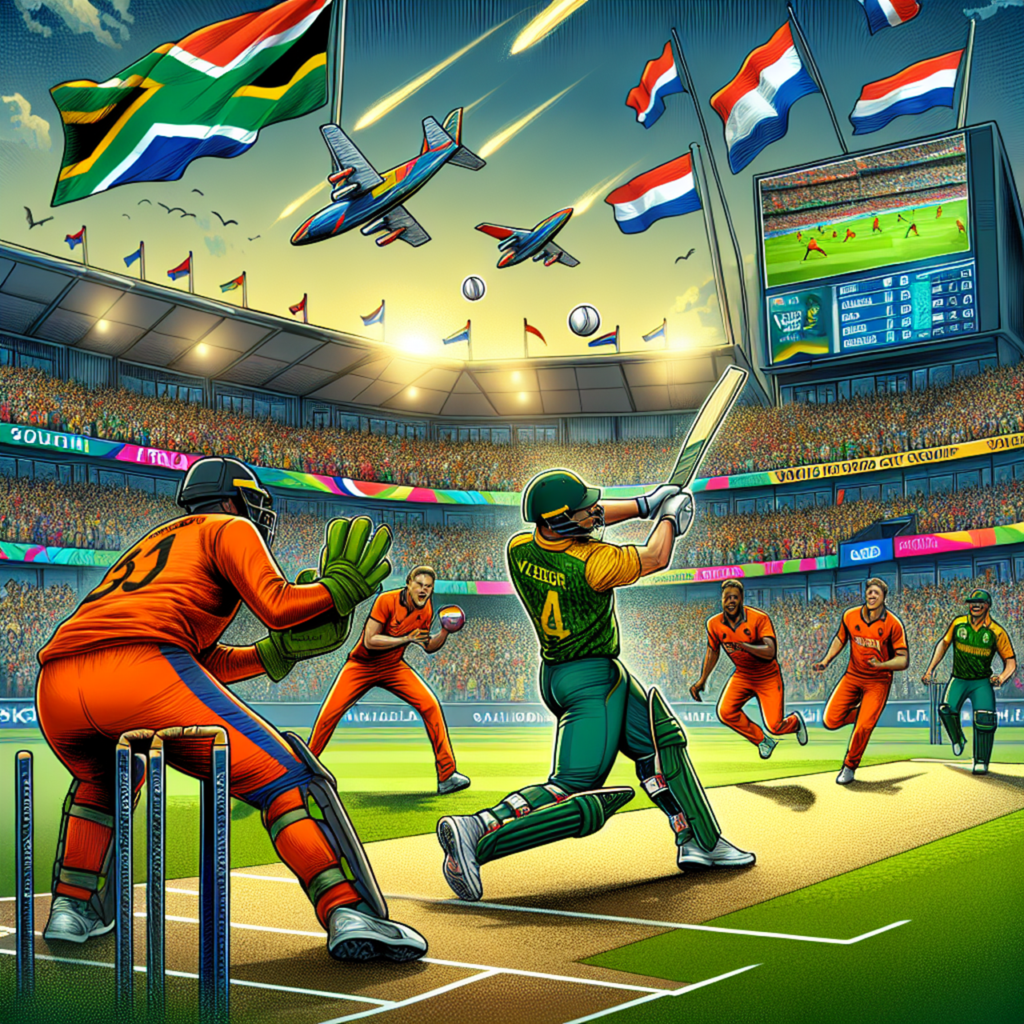South Africa's newly elected parliament will convene on Friday, the chief justice's office said Monday. No party has won a majority of seats, increasing the urgency for parties to form a governing coalition. The African National Congress (ANC), which has been in power since the end of apartheid three decades ago, lost its majority in the May 29 general election and is now in negotiations with potential governing partners, ranging from Marxists to free market advocates.
The ANC said last week it wanted to form a broad-based government of national unity, but some smaller parties have rejected each other, and it is unclear whether any agreement will be reached by Friday or who would be included in it. “It's completely up in the air,” said Ebrahim Fakhir, an analyst at the African Institute for Sustainable Democracy and Electoral Studies.
“There are too many variables. Too many demands from each party,” he said. Despite facing criticism from voters fed up with high unemployment, poverty, widespread crime, rolling blackouts and endemic corruption, the ANC remains the country's largest party and will hold 159 of the new parliament's 400 seats.
Its nearest rivals are the white-led, pro-business Democratic Alliance (DA) with 87 seats, former President Jacob Zuma's populist party Umkhonto we Sizwe (MK) with 58 seats, and the far-left Economic Freedom Fighters (EFF) with 39. The constitution says the newly elected parliament must convene within two weeks of the announcement of the election results.
At the first sitting, to be held at the Convention Centre in Cape Town, Chief Justice Raymond Zondo will oversee the swearing-in of the newly elected and re-elected members of Parliament. He will then preside over the election of the Speaker of Parliament, who will oversee the election of the Deputy Speaker. Chief Justice Zondo will then preside over the election of President by members of Parliament.
Zuma v Ramaphosa “In theory, it is still possible for a minority party to elect the president,” Fakir said, citing the procedure set out in the constitution.
It stipulates that the president must be elected by a majority of the members of parliament, which most experts agree means at least 50% of the members present at the meeting. If no candidate receives a majority, the person with the fewest votes is eliminated, and the process is repeated until a majority is reached.
This suggests that President Cyril Ramaphosa, leader of the ANC, is likely to win a new term, but forming a stable government could be very difficult. Ramaphosa had been invited to attend the G7 meeting in Italy this week, but his spokesman said on Monday he would not attend because he needed to focus on domestic priorities.
Business leaders and financial markets would support an ANC-DA agreement, but that option is unpopular with ANC supporters, many of whom see the DA as a defender of white privilege, despite the DA's denial of it. An alliance with the EFF would be more popular with some in the ANC base, but investors have expressed concern about EFF policies such as nationalizing banks and mines and seizing land from white farmers without compensation.
Further complicating the situation is Zuma's MK party, a newcomer that surprisingly came in third in the election but has alleged voter fraud and threatened to boycott the new parliament. Parliament said it had cancelled flights and accommodation for its elected members, citing the need to avoid wasting resources. An MK spokesman did not respond to a request for comment.
Zuma has openly disliked his successor and said his party would not work with “Ramaphosa's ANC.” A series of scandals forced him to step down as president in 2018, and he was jailed in 2021 for contempt of court and banned from standing in parliamentary elections after refusing to take part in an investigation into corruption during his nine years in office.
But Zuma maintains a widespread and loyal following, particularly in his home province of KwaZulu-Natal, where he was first elected in a landslide victory over the ANC. Extra police have been deployed since the election in Eastern province, where Zuma's 2021 sentence sparked deadly riots. (Additional reporting by Alexander Winning; Writing by Estelle Silbon)
(This story has not been edited by Devdiscourse staff and is auto-generated from a syndicated feed.)

